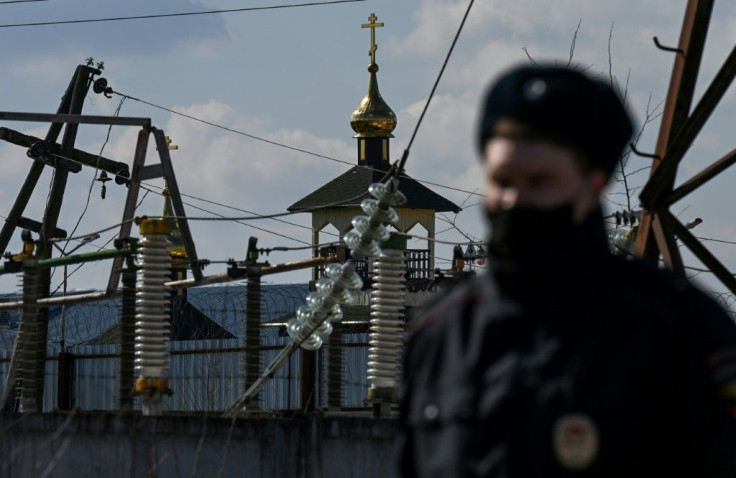Ukrainian Businessman Ate Off Unwashed Plate Used By 300 Others To Survive 100 Days In DPR Prison
KEY POINTS
- Malyarchuk said over 3,000 prisoners were held at the correctional colony in Olenivka
- The prisoners were forced to do all chores like cooking, cleaning and carrying water
- Those detained at the Olenivka colony included businessmen and IT workers
A Ukrainian volunteer detained by pro-Russian forces in Donetsk People's Republic (DPR) has recounted the harrowing 100 days spent in a correctional colony in Olenivka, where the prisoners struggled for food and water.
Yevgeny Malyarchuk, a businessman, went as a volunteer to his hometown Mariupol to help evacuate civilians but ended up getting arrested at gunpoint in March. "I was in captivity for 100 days for unknown reasons. I am a civilian and have never been in combat. I was detained and captured at gunpoint," Malyarchuk told Current TV, the Russian wing of Radio Liberty.
The Mariupol native was living in Kyiv when the war began. Unable to see his relatives suffer, the businessman moved to the coastal city to help evacuate people. "During interrogation, no one believed this story. They tried to accuse us that we were carrying out some tasks for the Armed Forces of Ukraine," the volunteer added.
Malyarchuk was transported to the correctional colony in Olenivka, which doubled up as a filtration camp. Though there were only a few prisoners initially, more were brought in from the Ilyich plant and Azovstal. There were over 3,000 people and not enough food or water.
"At first, we received a piece of bread and some water. All work in the colony was carried out by prisoners. Cooking, cleaning all rooms and carrying water. The water was not drinkable," he added. He said the experience was physically and psychologically devastating. "I lost about 15 kilograms and lost immunity," he added.
But, what scarred Malyarchuk was how the Russians served food. "The food was terrible. They didn't have enough utensils. Dishes were used in a circle. Nobody washed it. Perhaps once a day. The same plate was used to serve over 250-300 people. After one finished eating, they put ration on the same plate and passed it on to the next," he told Current TV.
He also remembers meeting many civilians, including businessmen and directors of IT companies, in the camp. Though they tried to cheer up each other, some couldn't manage the stress, eventually breaking down.
Malyarchuk was released from detention after 100 days. "One fine day, several officers approached our cell, began to call names. We thought that we would just be transferred to some other place, as it happened before. I once spent three days in solitary confinement. But, we were summoned, forced to sign protocols stating that we had no complaints, and were released. They opened the gate and said: "You are free," he added.

© Copyright IBTimes 2024. All rights reserved.





















